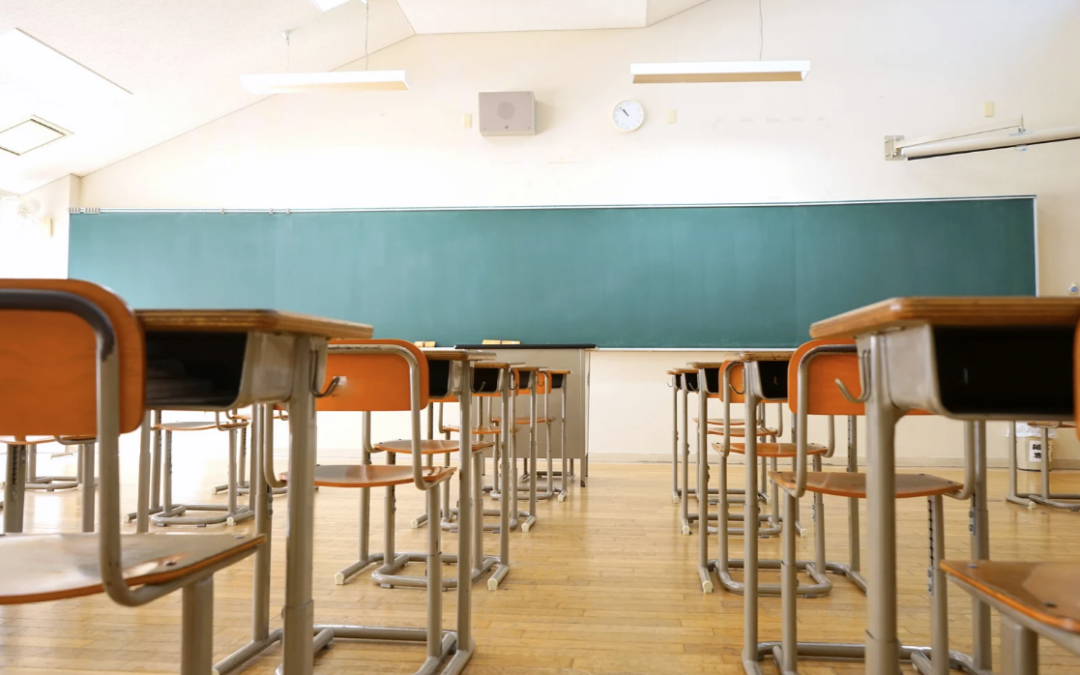The use of exclusionary discipline across the country is on the rise.
The latest data reveals more than 1.4 million K-12 students were suspended in the 2020-2021 school year, the latest year data is available. More than 28,000 students other students were expelled in that one school year alone. The percentage of students suspended or expelled has more than doubled since the 1970s and marginalized students are disproportionately placed in exclusionary discipline settings.
A new policy paper from the American Academy of Pediatrics raises concerns about the impacts disproportionate exclusionary discipline practices can have on students with disabilities, as “students identified under the IDEA categories of “emotional disturbance” (ED), “intellectual disability,” and “other health impairment”—eg, attention-deficit/hyperactivity disorder (ADHD)—are at highest risk for suspension and expulsion among all students with disabilities.”
According to the paper:
“A lack of educational services resulting from exclusionary school discipline can impede academic achievement in this population, particularly for students with an Individualized Education Program (IEP) or Section 504 plan who rely on special education services or in-school supports.”
The American Academy of Pediatrics also outlines the many risks and harms of exclusionary school discipline practices, which can increase food insecurity, contribute to the school-to-prison pipeline, interrupt critical routines, and stigmatize already marginalized children. The team at Kennedy Hunt, P.C. are champions for the disabled community. If you or someone you know has had your rights violated, our skilled attorneys at Kennedy Hunt, P.C. can help you. Fill out a questionnaire so we can understand your claim.

